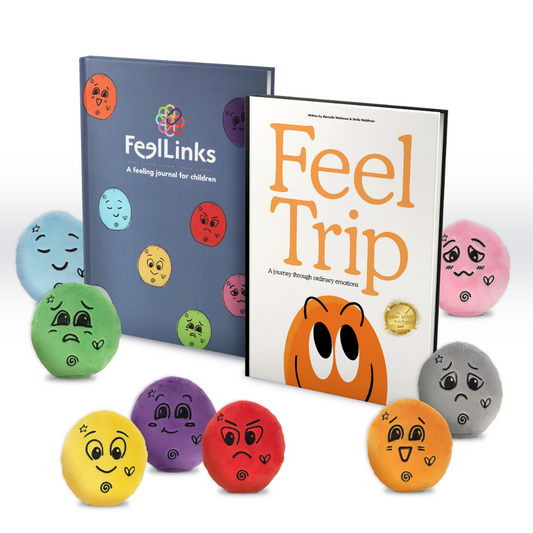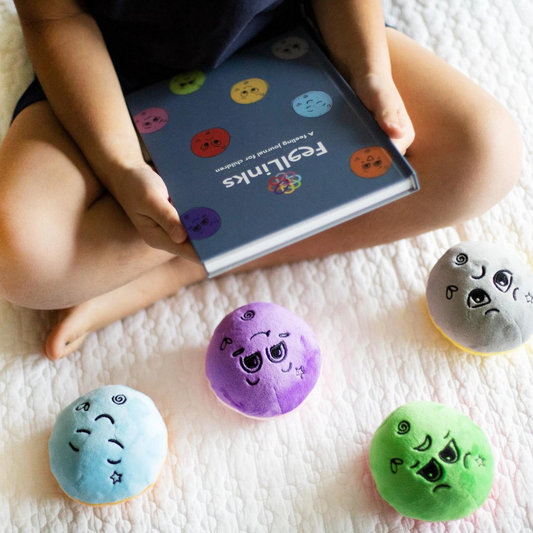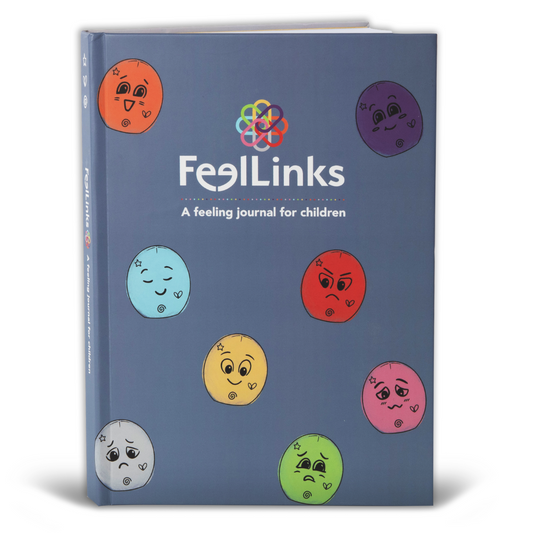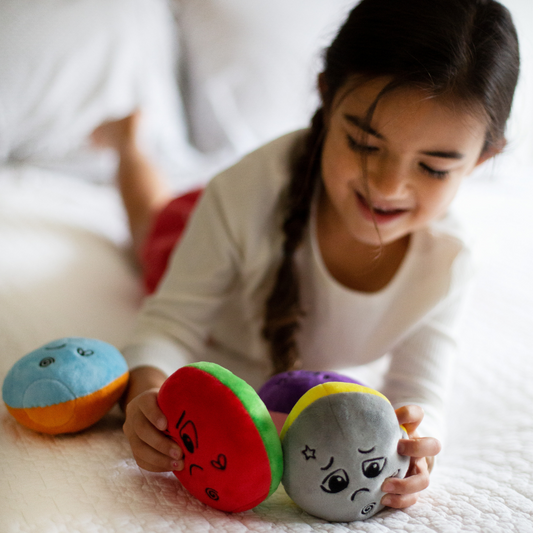FeelLinks Blog

🎄 Wellbeing During the Winter Whirlwind
With all the rush and the noise, the holidays do offer us a gentle reminder: our health and wellbeing matter, and so does the emotional wellbeing of our children.
🎄 Wellbeing During the Winter Whirlwind
With all the rush and the noise, the holidays do offer us a gentle reminder: our health and wellbeing matter, and so does the emotional wellbeing of our children.

As the Ladybug Flies… A Beautiful Connection Ta...
A chance meeting, a shared ladybug connection, and gifts of support
As the Ladybug Flies… A Beautiful Connection Ta...
A chance meeting, a shared ladybug connection, and gifts of support
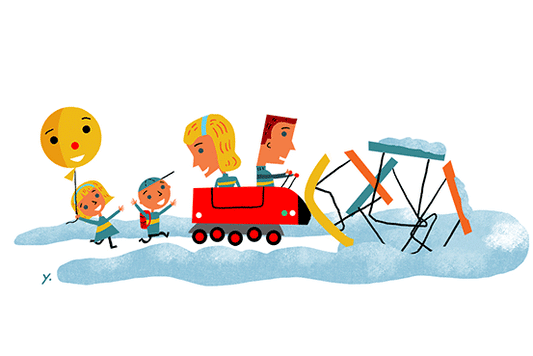
Raising Resilient Kids: When We Step Back, They...
As parents, we want to see our kids happy, safe, and successful. It’s natural to want to smooth their path - but what if instead of clearing the way, we...
Raising Resilient Kids: When We Step Back, They...
As parents, we want to see our kids happy, safe, and successful. It’s natural to want to smooth their path - but what if instead of clearing the way, we...
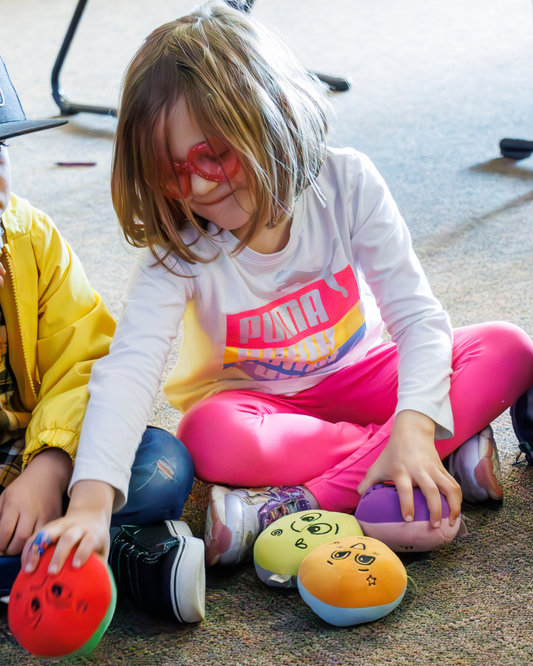
Morning Moments That Matter
Discover how to make feelings more approachable and how morning meetings can nurture empathy, trust, and connection in your classroom (and why these are a perfect teacher gift)
Morning Moments That Matter
Discover how to make feelings more approachable and how morning meetings can nurture empathy, trust, and connection in your classroom (and why these are a perfect teacher gift)
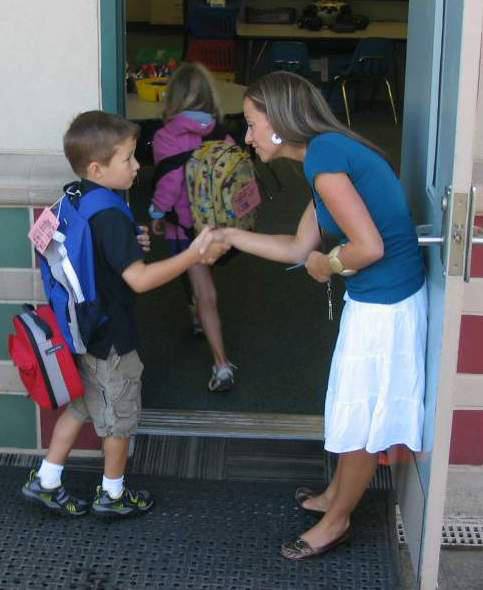
Supporting Emotional Well-Being as Kids Head Ba...
Starting a new school year is a whole-body, whole-heart experience. Here are ways to support your child in their transition back and throughout the school year.
Supporting Emotional Well-Being as Kids Head Ba...
Starting a new school year is a whole-body, whole-heart experience. Here are ways to support your child in their transition back and throughout the school year.

Self-Care, A Milestone, A Community, and A New ...
Barre3 Issaquah, you’ve shaped me in more ways than I can count. And now, I get to give back to the space that has given me so much.
Self-Care, A Milestone, A Community, and A New ...
Barre3 Issaquah, you’ve shaped me in more ways than I can count. And now, I get to give back to the space that has given me so much.
Shop
-
FeelLinks Ultimate Feelings Bundle
Regular price $63.99 USDRegular priceUnit price / per$68.99 USDSale price $63.99 USDSale -
FeelLinks Dolls and Journal Set
Regular price $45.99 USDRegular priceUnit price / per -
FeelLinks Journal
Regular price $25.99 USDRegular priceUnit price / per -
FeelLinks Dolls
Regular price $25.99 USDRegular priceUnit price / per -
Feel Trip Children's Book
Regular price $18.99 USDRegular priceUnit price / per

